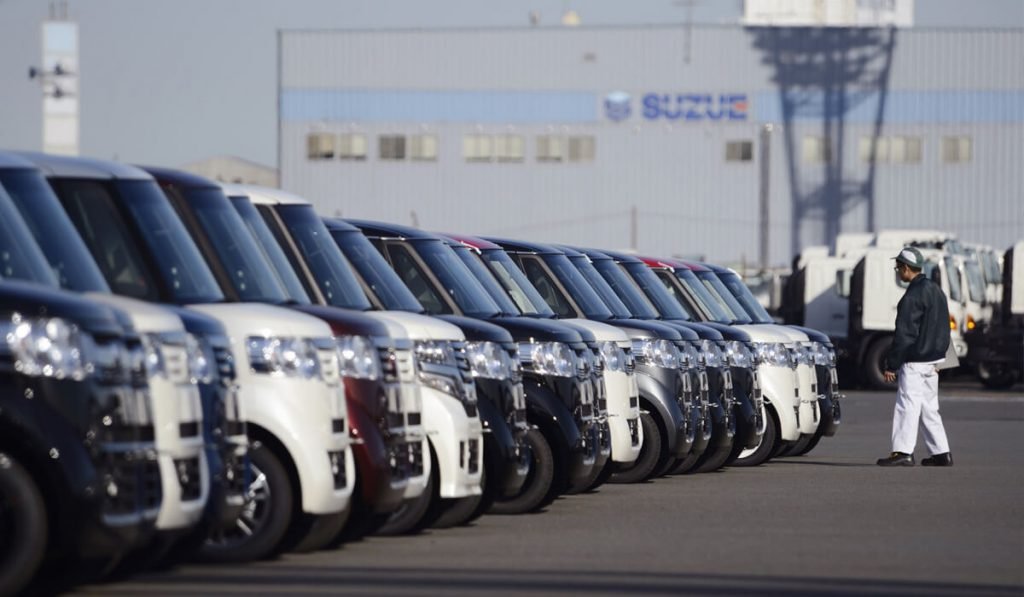Japan has a splendid way of customer dealing in and out both. Since the 1970s, they have satisfied their customers quite impressively. Japanese used vehicles are the top priority of most countries, especially Pakistan, India, and Bangladesh. The quality, durability, and reliability of the cars are more than expected. Moreover, they are giving head-to-head competition to the USA and European cars, or we can say they are far better than those.
In addition, Japanese brands like Honda, Mazda, and Toyota are providing top-notch quality around the globe. But there are certain things you should be aware of before continuing towards the Japanese car market.
To save you from drowning, we have five tips that everyone should know before buying Japanese-used vehicles.
Table of Contents
Relying on a suitable exporter
Well, the Japanese are trustworthy, but choosing the proper exporter must be the first and foremost. Some scams can take place anytime, and you may not be refunded afterward. Here are some common tips for a reliable exporter: –
- They must be in this business for more than five years.
- The company must be registered and should have a police verification certificate.
- There must be a valid number of the company and the landline, too.
- The trader company will have a proper address, and you can check it on Google, as well.
- The company must have a good website and an email address.
- The traders must have a direct association with auction houses.

A suitable car
There isa lot of stock available for Japanese used vehicles, all you must do before buying is check your desired vehicle.
- Check all the documents of the car, and the exporter will provide that.
- Make sure to read the inspection sheet before buying the car.
There are graded numbers provided on the inspection sheet, which shows the car’s accidental history.
- Grade 6- A new car.
- Grade 4-5 – Slightly used car.
- Grade 3 – Little bit of damaged.
We do not recommend Grade 2, as it is a car inbad condition.
Communication with your Exporter
Make sure to clear all your doubts before buying a Japanese-used vehicle; if you have any queries, you must ask it right on the spot. Moreover, if you opt to purchase from an auction, you can hire a translator to bid on your behalf. Or you would be lost in the conversation.
Payment
If you are done with everything, you must have the exact amount of the car you are about to buy. Your trader will send an invoice on your email, and you must pay before the deadline because of the shipment issues and other kinds of stuff. If you delay the payment in auctions, your car won’t be gone ahead and will be bought by other buyers.
Shipment
You will be informed about the departure of your car and the arrival, too. Make sure you have the following documents with you before importing Japanese-used vehicles.
- Commercial invoice and bills landing.
- Inspection certificate from JAAI.
- Inspection certificate from JEVIC.
- Car inspection sheet and copy of Marine insurance policy.
